UK Escalates Diplomatic Pressure on Israel Over Gaza Offensive
The United Kingdom has taken a decisive step in its response to the deepening humanitarian crisis in Gaza, suspending negotiations on a free trade agreement with Israel, imposing fresh sanctions, and summoning the Israeli ambassador. Foreign Secretary David Lammy called Israel’s latest military actions “morally unjustifiable” and “utterly counterproductive.”
The measures follow dire warnings from international experts about impending famine in Gaza, where Israel has maintained a blockade on food, fuel, and medical supplies for more than 11 weeks. The humanitarian crisis escalated significantly over the weekend with Israel’s launch of a new military operation.
During a heated debate in the House of Commons, Lammy drew condemnation from some Conservatives, including shadow foreign secretary Dame Priti Patel, who claimed the measures might embolden Hamas. However, many MPs—including Labour backbenchers—urged the government to go further, accusing Israel of potential breaches of international law.
Tensions in Parliament peaked as Lammy quoted inflammatory comments from an Israeli minister describing the campaign as an effort to “cleanse Gaza” and relocate Palestinians to other countries. “We must call this what it is,” Lammy said. “It is extremism, it is dangerous, it is repellent, it is monstrous—and I condemn it in the strongest possible terms.”
Although Lammy reaffirmed Israel’s right to self-defense following the 7 October 2023 Hamas attacks, he criticized Prime Minister Benjamin Netanyahu’s government for pursuing a path that is alienating Israel’s allies. He emphasized that the military strategy would not secure the release of hostages or achieve long-term peace.
In addition to pausing trade negotiations, the UK has sanctioned three individuals and four companies involved in violent settler activity in the West Bank. Sanctions include asset freezes and travel bans. The move comes amid rising reports of intimidation and violence by settlers against Palestinian communities.
Hamish Falconer, Minister for the Middle East, summoned Israeli Ambassador Tzipi Hotovely to formally express the UK’s opposition to the escalation. "The UK will not stand by as this happens," Falconer wrote in a post on X (formerly Twitter).
Despite Israeli claims of allowing humanitarian aid into Gaza—initially permitting only five lorries—the United Nations labeled the effort “a drop in the ocean.” On Tuesday, the UN confirmed Israel had authorized around 100 aid trucks, but noted that no aid had yet reached civilians.
Prime Minister Sir Keir Starmer described the situation as “intolerable,” calling for swift and expanded humanitarian access. He voiced support for Lammy’s stance, as the government faces growing pressure from within Parliament and from international allies.
A joint statement from the UK, Canada, and France earlier this week demanded Israel end its military expansion and permit unrestricted humanitarian aid into Gaza.
Meanwhile, Labour MPs including Abtisam Mohamed and Dr. Rosena Allin-Khan pressed for further action. Mohamed said Netanyahu’s remarks amounted to an “explicit admission” of ethnic cleansing, while Allin-Khan condemned the "weaponisation of food" and called for an arms embargo.
Lammy confirmed that the UK had already suspended some arms exports to Israel to avoid complicity in potential violations of international humanitarian law. He pledged to escalate measures “if needed over the coming days and weeks,” and said discussions were underway with France and Saudi Arabia on the recognition of Palestinian statehood.
Israeli officials reacted defiantly. Foreign Ministry spokesperson Oren Marmorstein dismissed the UK’s sanctions as “unjustified” and claimed external pressure would not alter Israel’s course. He also accused the UK of using domestic politics to justify a stalled trade process, saying, “If, due to anti-Israel obsession and domestic political considerations, the British government is willing to harm the British economy—that is its own prerogative.”
Elsewhere, the European Union, Israel’s largest trading partner, announced a review of its trade relationship with Israel in response to the military campaign in Gaza.
As diplomatic strains grow and humanitarian conditions deteriorate, the UK’s latest actions mark a significant shift in tone and policy—underscoring the international community’s increasing impatience with Israel’s handling of the Gaza conflict.





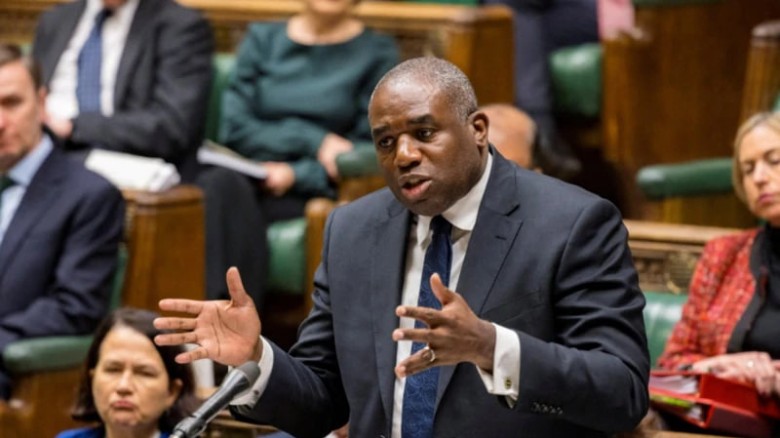



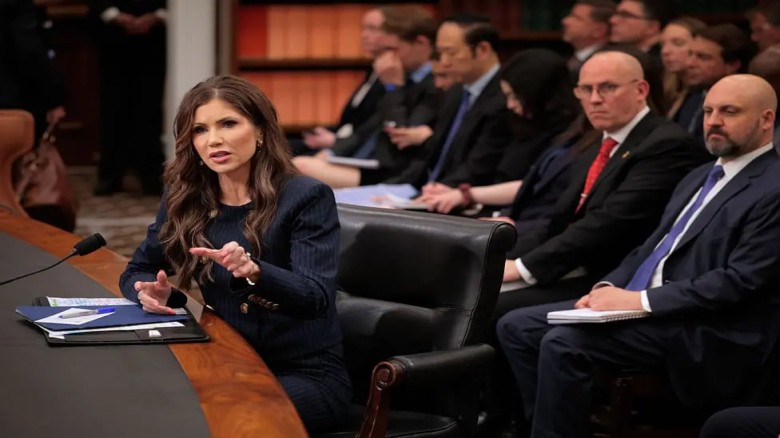


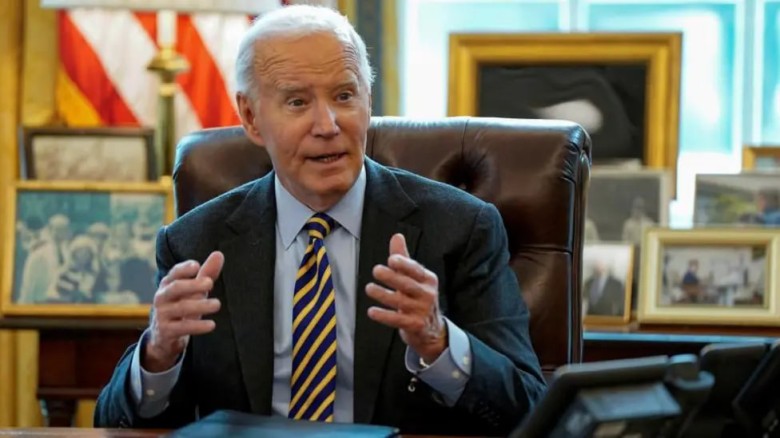






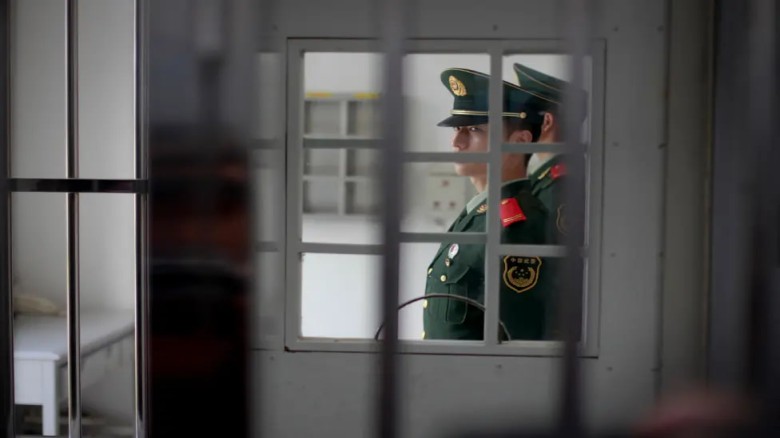



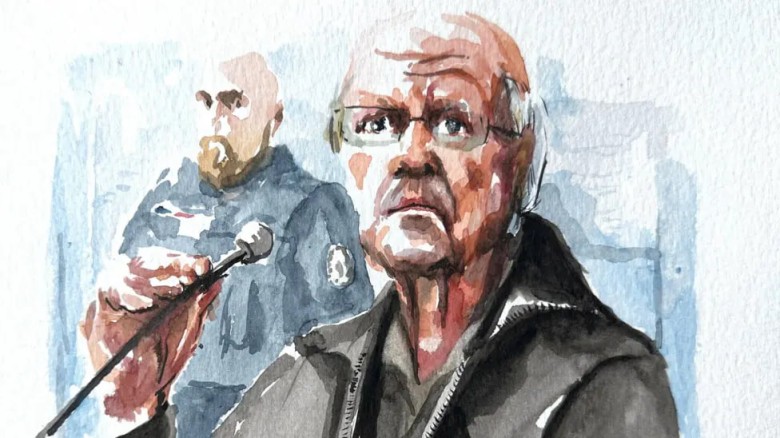
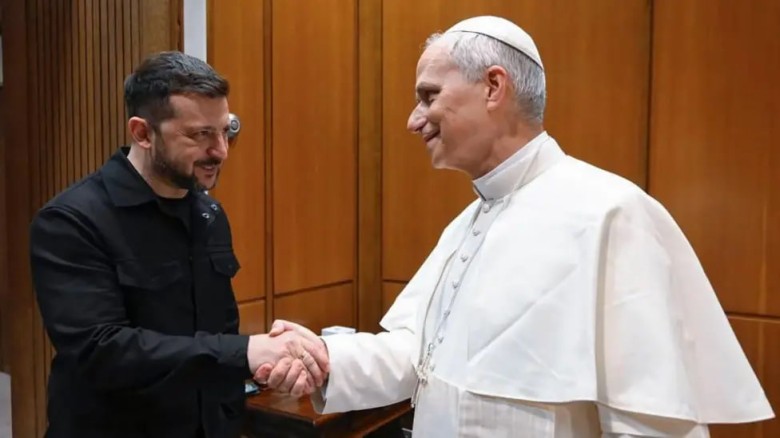


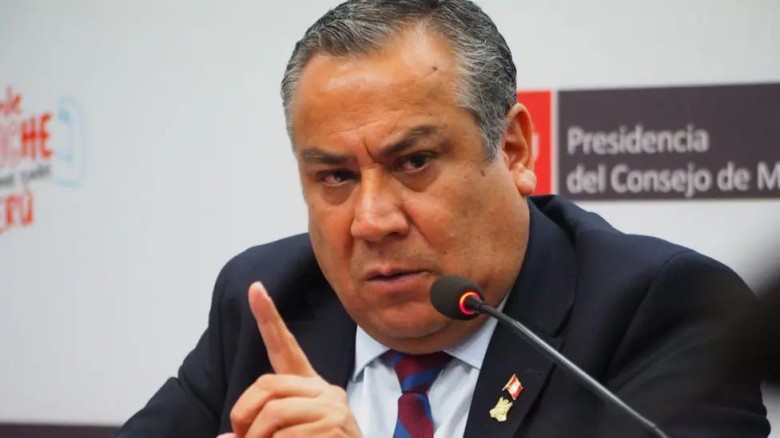










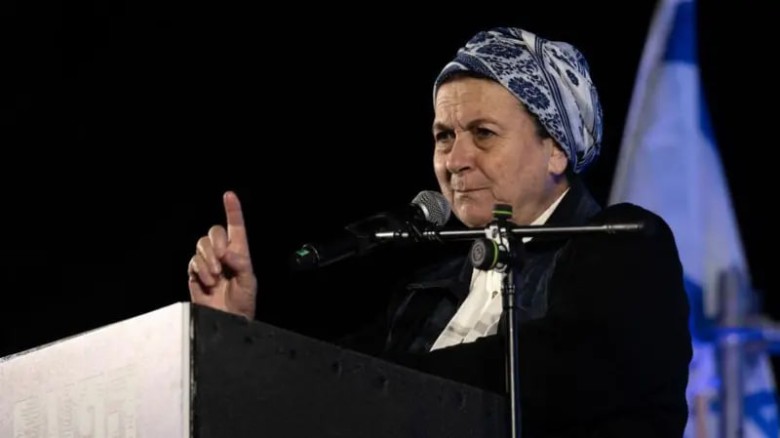
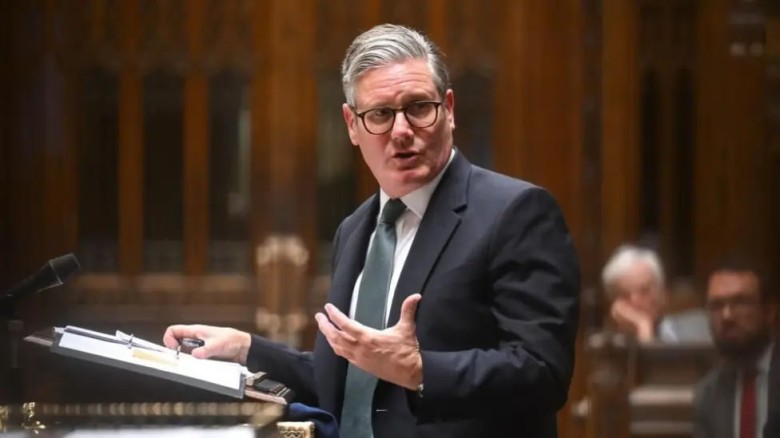












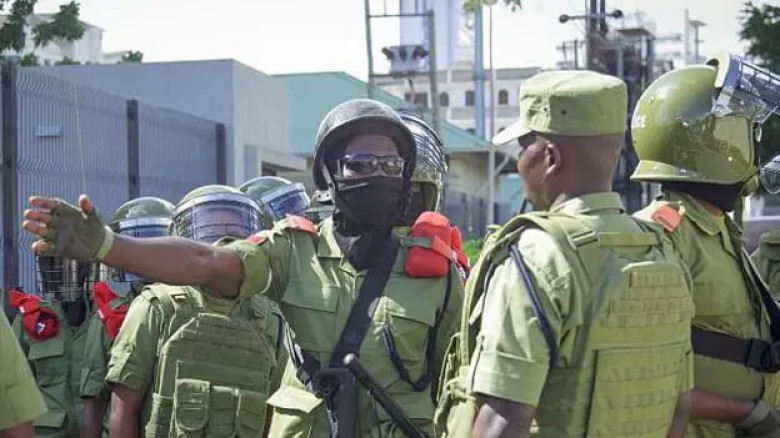



















Leave A Comment